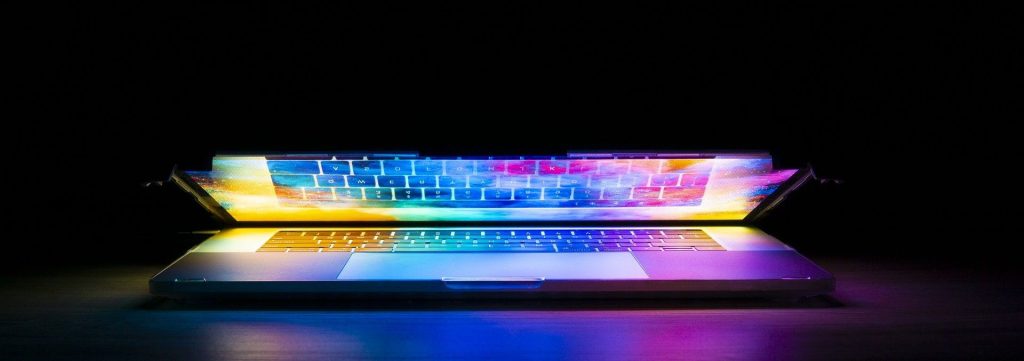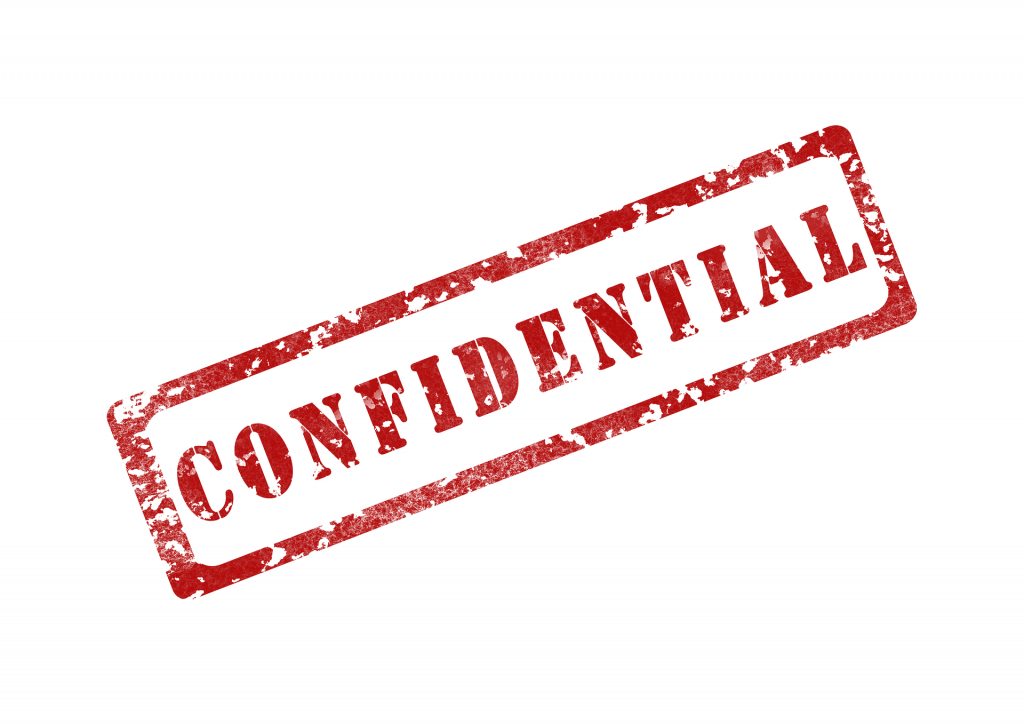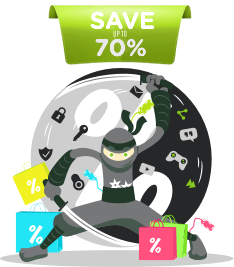Can your internet provider see your history?


ISPs can see everything you do online. They track things like which websites you visit, how long you spend on them how often you do it, and any type of activity that can be physically tied to you. Depending on where you are in the world, this information is used for a variety of purposes, including to build a consumer profile for sale to third-party advertisers or impose online censorship on behalf of governments.
For all of these and more, a VPN is a lifesaver for anyone who wants to browse the internet privately and anonymously. It will encrypt all of your traffic, which means that it can't be read by ISPs or other snoopers monitoring what you do online. This includes network administrators in places like schools with mandatory surveillance policies against students or personal devices. What you need to remember is that safety isn’t guaranteed when there's no privacy!
Table of contents
- 1 Can your internet provider see what you search for?
- 2 Can your internet provider see your history?
- 3 What is ISP tracking?
- 4 Why is your ISP tracking you?
- 4.1 Data Retention
- 4.2 Profit
- 4.3 Bandwidth throttling
- 4.4 Censorship
- 5 How to hide browsing history from ISP?
- 5.1 Use a VPN
- 5.2 Use TOR
- 6 Does a VPN hide you from your ISP?
Can your internet provider see what you search for?
The short answer to this question is - yes. But we’d still like to go through some specifics as there are things you should know in more detail before having a full picture of what’s happening.
Your ISP (Internet Service Provider) is most likely spying on your web browsing, and yes, a good VPN protocol can help you significantly cut down on their ability to spy on you. Your ISP is the company that gets you onto the Internet – your home Internet or mobile data provider. If your ISP is spying on you, it means they can use or sell your browsing history to others for things like creepy ads that follow you around the Internet or to junk mail providers. It is important to know the difference between encrypted and unencrypted connections when using the Internet.
An encrypted connection provides security for your personal data, while an un-encrypted one does not protect anything other than traffic itself - meaning anyone monitoring it can easily see what sites you've visited--including advertisers who may be tracking where people go online or how long they stay on any given site without restrictions (even if ads aren't visible).
When you do a search, you may have noticed that you can see your search terms in the address bar. That might make you think, even if the search engine is using an encrypted connection (i.e., starts with https), then your ISP can still see your search terms. But, actually, that's not correct — the ISP can only see the domain part — the rest (everything after that first slash) — is actually encrypted and the ISP cannot see it (see picture).
Your ISP tracks your clicks for a number of reasons. For them, your browsing history is a revenue stream. Many ISPs compile anonymous browsing logs and sell them to marketing companies. Some Internet providers are even moving to make privacy a premium add-on, using your Internet history to market to you in much the same way websites do, unless you pay an additional monthly fee.
Can your internet provider see your history?
Your internet activity isn’t private. Your ISP monitors all of the data you share and receive online, which means that they can see what sites you visit — even if those pages are encrypted or not (encrypted sites use HTTPS as opposed to HTTP). This is an issue because insecure encryption algorithms make users vulnerable: one hacker who compromises their account might be able to gain access not only personal information like passwords for email accounts, bank records etc. but also sensitive documents such as tax returns-the type we rely heavily on these days given how much worries there seems to be out there about identity theft!
There is a popular misconception that incognito browsing can prevent your ISP from seeing your history, but that can’t be farther from the truth. The only difference between regular browsing and incognito browsing is that your history is not stored on your device’s browser. If someone were to try and uncover your search history, they would be unable to do so on your device. Browsing the internet in incognito mode cannot protect your digital footprint. While it may seem like a privacy lifeguard, you are still tracked by other sites and even with cookies enabled on the computer - which will also store information about what pages were visited during this time period for tracking purposes.
A lot of people believe that browsing without their IP address being visible would be an effective way to keep themselves anonymous online but unfortunately there's little confidence when looking at how many different ways Google tracks us through its service-driven life cycle design: from signing up as soon as possible after birth until death registration form needs filling out so they can attach our names onto whatever legacy system.
What is ISP tracking?
ISP tracking occurs every time that you enter a query into a search engine, or find your way onto any URL. Your computer always needs to find your IP address, so that they can send you to your favorite websites or videos. Your browser will then send a domain name system (DNS) query, which gets that IP address to connect to your website. ISPs can log connection data whether you’re using your home computer, gaming console, or your mobile device. Below we’ve prepared for you a list of what possible can ISPs track:
- - Unencrypted email conversations
- - Online searches and files you download ( p2p traffic is not excluded from the list )
- - Connection timelines, dates;
- - Physical location and geo-location when using a mobile device or any other device with a GPS module included;
- - Social media data;
- - Your passwords.
Why is your ISP tracking you?
The short answer is simple, to profit at the expense of your privacy. There are several reasons why you should consider to block isp tracking and several examples of why is exactly your ISP doing that:
-
Data retention
In many parts of the world, ISPs are required by law to hold on to their customers’ Internet data for a certain period. This is so if an investigation arises and government security organizations need access they can request it from these companies legally with just cause.
It's important that we remember our online activity isn't private - even when you're anonymous behind another computer screen or mobile device password-protected account login credentials!
While there are isolated cases where this is good and used for terrorism prevention for e.g., we understand that this is not always the root cause, more like a reason to hide the line of I do good. After all, Edward Snowden’s leak revealed the extent of global government surveillance. The NSA and its partners around the world have been carrying out mass monitoring on citizens in America as well as other countries like China for years now; they used various methods including requesting information directly from Internet Service Providers (ISPs).
-
Profit
This is an easy one to understand as we live in a world where everything can be monetized. You create a lot of behavioral data while browsing the internet. Your ISP knows where you like to eat, shop, bank, and travel, and might know more intimate details, like if you’re having health issues or what your sexual preferences are. This data is very valuable to companies who want to sell you products and services. As a result, many ISPs sell their customers’ data to advertisers and other third parties.
Recent US legislative changes mean ISPs can compile user browsing history into logs, which are then sold to marketing companies to direct targeted online ads. Those profiting from this arrangement often argue that serving you personalized ads improves your experience.
-
Bandwidth throttling
Your internet provider can throttle your connection at any time for whatever reason. They might do this if you’ve reached the monthly data limit or have not paid your bill on time, but even then they will put an end to heavy online activity. Your ISP controls what kind of speeds we have when using our devices like computers and smartphones because bandwidth throttling occurs in these cases where a customer has used all their allotted high-speed Internet usage during one billing cycle while also being overage warning lines displayed next to them which means there is no room left available anymore due to too recent activities inside certain websites such as streaming videos from YouTube. Some ISPs use their power to make more revenue at the expense of service quality, even if you pay for an unlimited data plan. Depending on your provider they may throttle your connection if streaming lots of video games or using P2P platforms such as BitTorrent which can be used by both pirates and copyright holders alike in order to download content quickly without risking damaging files along with other people sharing them too easily online, but this practice isn’t universal across all broadband providers - some will allow fair usage policies while others won't!
-
Censorship
ISPs grant access to the website you visit and so they also have power over whether or not one can reach a certain site. For example, countries often block websites that incite hatred within their borders while other regions restrict content because it runs counter an ideology such as Catholicism in Eastern Europe for instance. The best example of this would be China’s great firewall which enabled blocking of platforms and its websites like Facebook, Youtube, Twitter, and many more. More than that it’s a practice picked by other states like Russia, Turkey, or UAE.
How to hide browsing history from ISP?

Because your ISP stands between you and the internet, you can’t completely evade their gaze. But there are some things you can do to obscure their view, for the sake of your privacy.
Use a VPN
Do I need a VPN to hide browsing from isp? The answer is yes, and for good reasons. One of the most effective ways to keep your data safe from prying eyes is by using a virtual private network or VPN. A VPN provides you with an IP address that's only temporary and encrypts all web browsing activity, making it impossible for anyone but those who know what they're looking at (you) to see what sites were visited in real-time! This way, your internet provider cannot see or collect your browsing history and personal information. And because they can’t see what you’re doing, you won’t be subjected to bandwidth throttling.
A VPN also allows you to bypass government restrictions in certain countries, making it especially useful when you travel. Make sure your VPN service doesn’t keep logs of your online activity. Most good VPN services, like HideIPVPN charge a small monthly fee.
Use Tor
Tor is a powerful tool that can help you keep your identity and internet activity hidden from prying eyes, such as government agencies or hackers. The idea behind it all started back in 2003 with the name “The Onion Router” which was created by Ushakov from Switzerland to make use of encrypted connections through multiple nodes run by volunteers around different parts of the earth - this way no single point could be identified as being responsible for any specific actions users take while using their service!
While it’s relatively easy to use and free, the problem with it is that your online traffic isn’t 100% encrypted all the time. Because the exit relay – the last relay your traffic will pass through before reaching its destination – doesn’t use encryption. That means the person running the relay and their ISP can see your online traffic.
Does a VPN hide you from your ISP?
VPNs can hide your search history and other browsing activity, like search terms, links clicked, and websites visited, as well as masking your IP address. If you use a VPN each time you browse, third parties will only be able to see the IP address of the remote VPN. This disables them from pinpointing your location, ISP, and, potentially, other personal information. Your IP address identifies your device on the Internet or a local network. It’s the key data that connects you to your location, ISP, and web search history.
When choosing a VPN, consider your needs for the device. User-friendliness, speed, secure encryption, and price are all important factors to examine. You also want reliable customer service, should anything out of the ordinary occurs.
HideIPVPN not only works on up to 5 devices simultaneously, but it also uses AES-256 encryption, the industry standard trusted by security experts. Being the world’s most accepted encryption standard, you should rest assured that your online privacy is always protected.
It is available on most devices, it offers great speed and takes great care of your privacy and security. It will help you unblock a great variety of websites and avoid geo-restrictions at minimal costs.
Regardless of your operating system, whether it’s Windows, macOS, Android, or iOS, the HideIPVPN client will work flawlessly.
We take great care to offer the best internet speeds alongside the best security, so we always engineer our systems for top performance.
On top of this, HideIPVPN offers 24/7 support whenever you need any kind of help.
The VPN client is user-friendly, stable, and very easy to use.
Try our free VPN and see for yourself.



